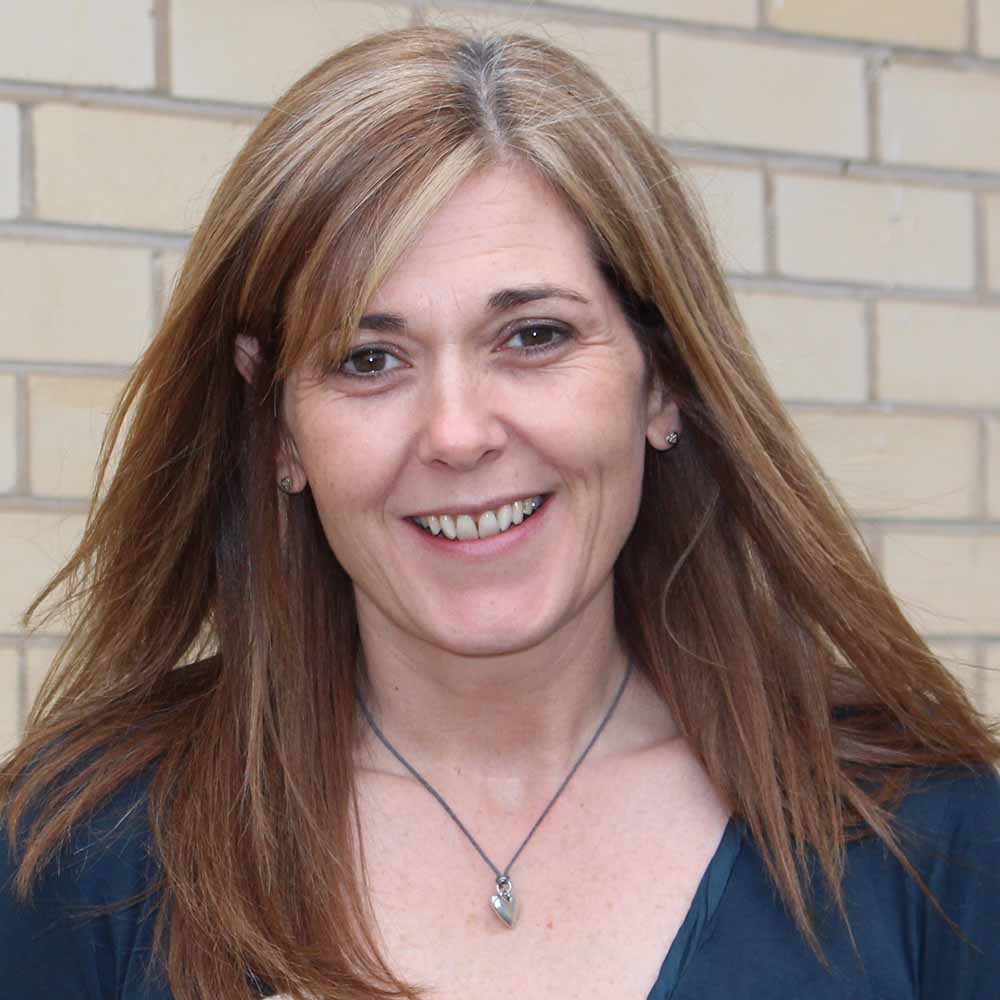Fran Norman (was Spratt)

Fran has 30 years nursing experience based mainly within an acute environment. She has been a Tissue Viability nurse for 17 years and has been lead for the service at Southampton for the last 13 years.
Fran has completed a Masters in Advancing Practice in Tissue Viability. She is a Trustee of the Society of Tissue Viability and is our current Treasurer.
Fran strives to ensure that all patients with a wound have the highest quality care and a positive journey. Learning from evidence-based practice is at the heart of what her team does and support and education of the team is key to providing confident competent practitioners.
Fran is both interested in and passionate about highlighting the issues facing patients with non-healing surgical wounds.
Presentation at The Society of Tissue Viability 2022 Conference
Managing complex surgical wounds in a community setting. Perspectives from the acute and community sectors
Objectives
After attending this session, persons will be able to:
- Understand the complexities some patients face following surgery
- The challenges faced with discharging patients from acute care with a complex wound
- The challenges faced by community teams when patients are discharged from acute care with a complex wound
- Experience from Southampton – How do we go forward?
Abstract
There are more than 11 million surgical procedures undertaken each year in the NHS. Most surgical wounds are managed as acute wounds and heal in the expected timeframe with no complications. However, there are, for many patients, circumstances that occur following surgery i.e. dehiscence or an inability to close the incision which results in ongoing suffering and healing issues for months and sometimes years due to the surgical wound.
Assumptions that surgical wounds will follow the acute healing trajectory mean that they are not automatically considered as a chronic wound, evidence of both the extent of the problem as well as the suffering experienced by this patient group is often underestimated.
Managing complex surgical wounds which often have underlying structures, fistulas and areas of undermining present can be a huge challenge. This is escalated by continued strive for reduced length of stay in acute care subsequently leading to many complex cases being managed long term in their own homes. The size of the wound often causes great apprehension and managing these cases often requires many hours input which unfortunately is not always feasible in the community setting. Planning, assessment, and continuous evaluation is essential in managing these cases. It is imperative that all services work together to ensure a safe patient journey and that the wound heals as quickly as possible.














